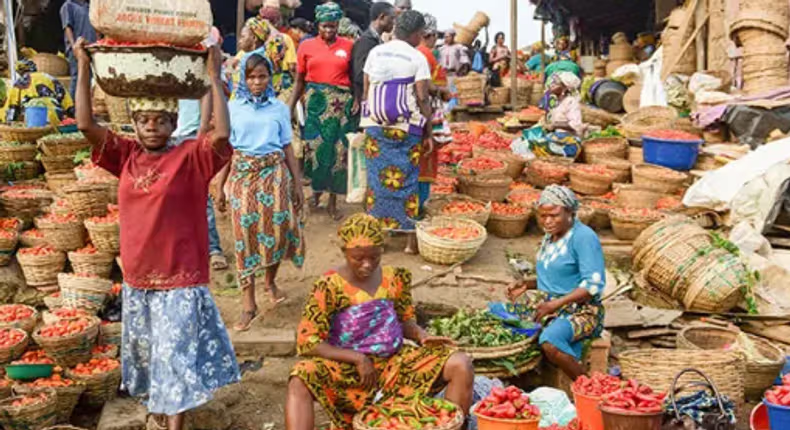he concerns of Abuja residents and foodstuff traders regarding rising food prices, and the Nigeria Labour Congress (NLC)’s stance on the National Minimum Wage negotiations. Here’s a breakdown:
Rising Food Prices in Abuja:
Residents and foodstuff traders in Abuja expressed deep concerns over the instability and sharp increases in food prices, exacerbated by factors like fuel price hikes affecting transportation costs. Some key points include:
- Nduka Ndubisi, a foodstuff trader, highlighted how unpredictable food prices have made it challenging to conduct business.
- Victor Azikiwe attributed the rising food costs to increased petrol prices, affecting transportation expenses.
- Sherifat Musa voiced worries about food affordability during the upcoming Eid-El-Kabir celebration, urging authorities to intervene.
- Hajiya Amoke Omole noted the unpredictable price fluctuations in produce, making trading uncertain.
- Ibrahim Sule emphasized the critical importance of food availability and accessibility, expressing concern over daily increases in food prices.
- Oluwaseun Soleye, a student, lamented the severe impact of skyrocketing prices on households’ ability to afford basic necessities.
Nigeria Labour Congress (NLC) and Minimum Wage Negotiations:
- Adewale Adeyanju, Acting President of NLC, reaffirmed their demand for a ₦250,000 minimum wage, criticizing the supposed submission of an agreement by President Bola Tinubu indicating a lower amount.
- Adeyanju clarified that NLC had not seen the document submitted to the President and would not accept any altered version.
- He accused government operatives of intimidation during negotiations and stressed the need for a fair wage that reflects workers’ needs amidst inflation.
These points highlight the pressing economic challenges faced by Nigerians due to inflation and the ongoing negotiations over minimum wage, reflecting broader concerns about affordability and economic stability in the country.
